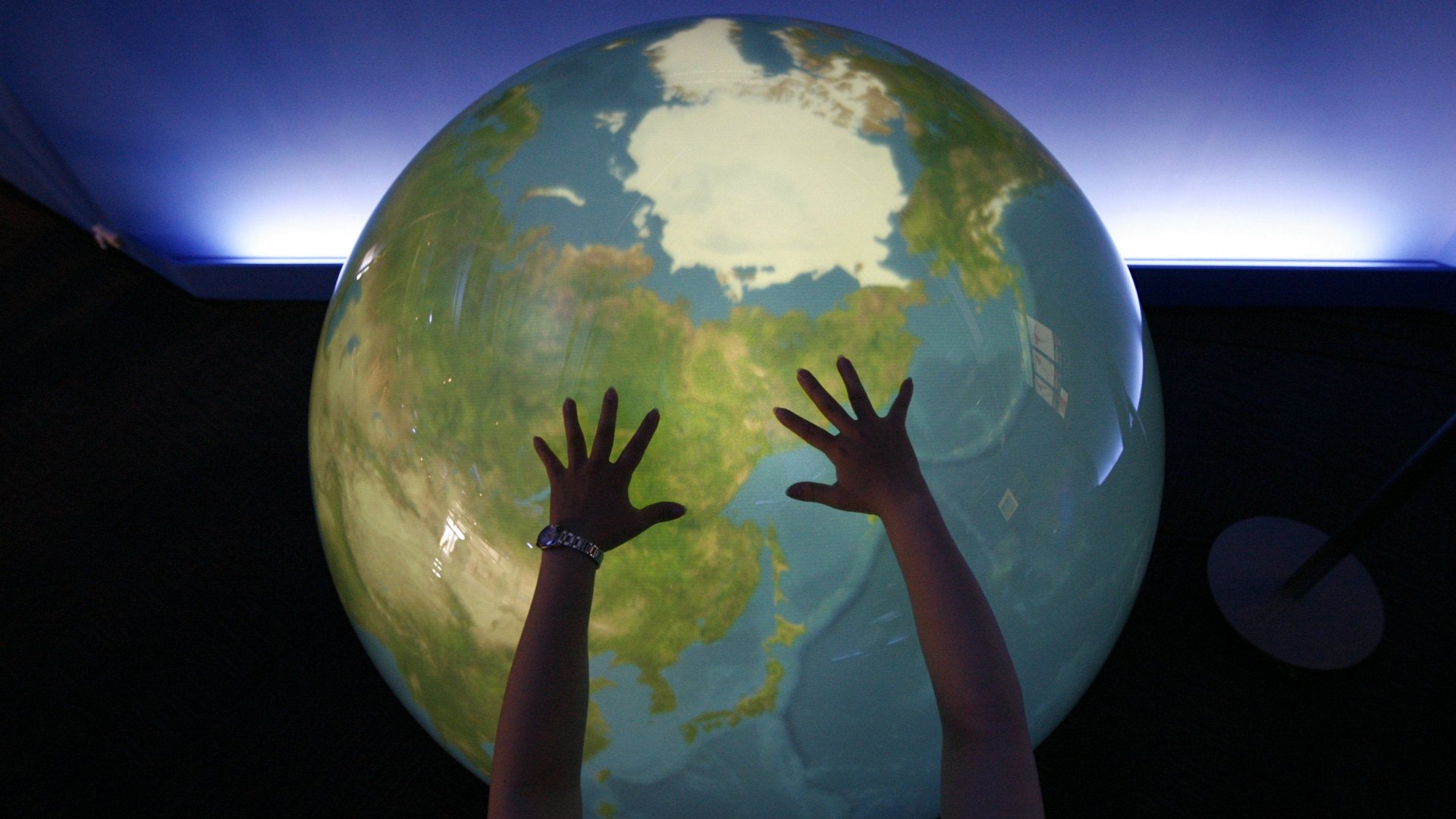Researchers say humans have “postponed” our next ice age by at least 50,000 years
Our love of fossil fuels may have pushed another ice age back by 50,000 years.


Our love of fossil fuels may have pushed another ice age back by 50,000 years.
German researchers analyzed eight global ice ages over the past 800,000 years to come up with the factors that lead to a period of time when large parts of the world are covered with glaciers and ice. The study, published in Nature, strengthens the argument that human activity has driven the planet into a new geological age, known as the Anthropocene epoch.
One of the most important factors of what triggers an ice age is the so-called “eccentricity” of the Earth’s orbit. The Earth’s orbit around the Sun is an ellipse, so the amount of sunlight reaching Earth varies. When the Earth is farthest away from the Sun, the lack of heat and the buildup of ice could kickstart an ice age. But human impact has mitigated this.
The recent study showed—through simulations—that humans narrowly missed an ice age just before the Industrial Revolution and probably postponed the next one by at least 50,000 years. Researchers note that with the large quantities of carbon dioxide pumped into the atmosphere in the last two centuries, the “probability of glacial inception during the next 100,000 years is notably reduced.”
For lead researcher Andrey Ganopolski, from the Potsdam Institute for Climate Impact Research, the issue isn’t whether the next ice age happens in 50,000 or 100,000 years. “The important thing is that it is an illustration that we have a geological power now,” he told BBC News. “We can change the natural sequence of events for tens of thousands of years.”
Human influence at this scale is unprecedented. Still, according to one researcher, this is “good news” in principle because “ice ages are a great challenge.”